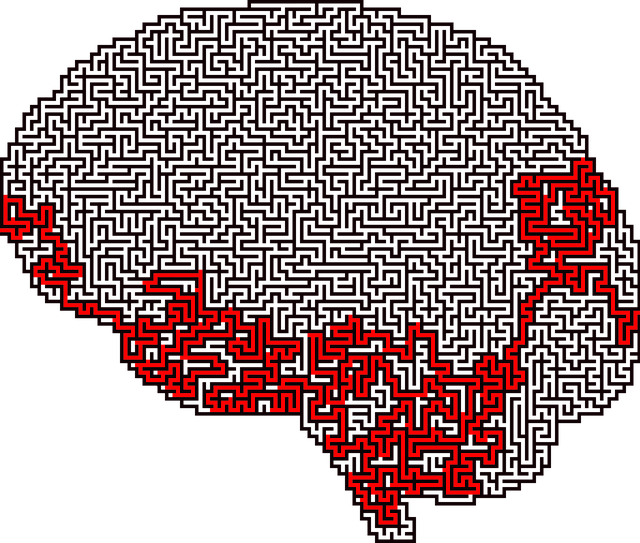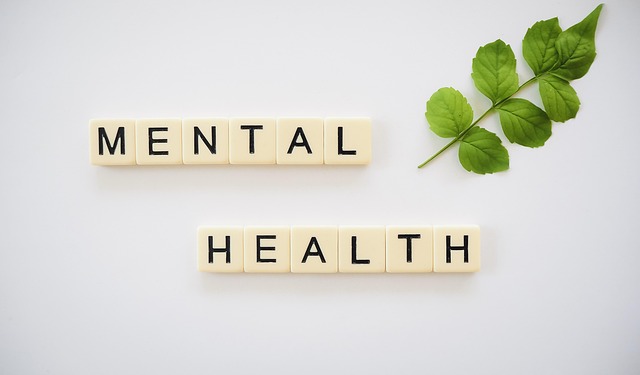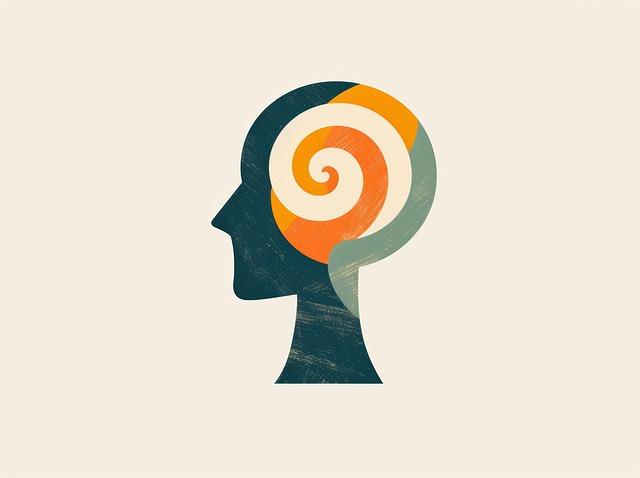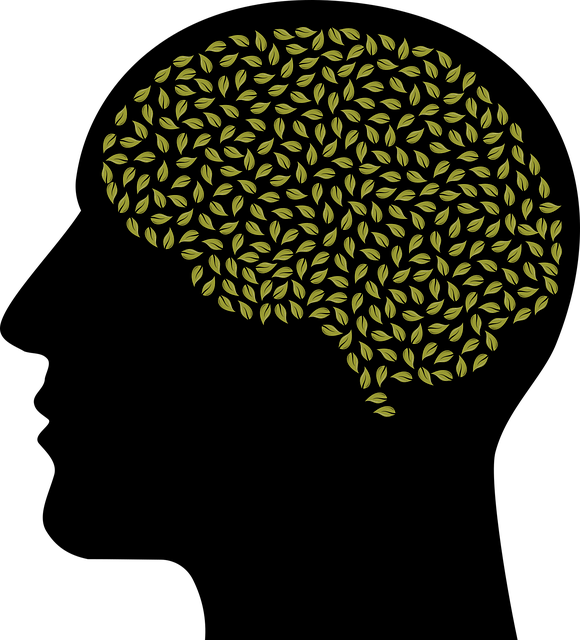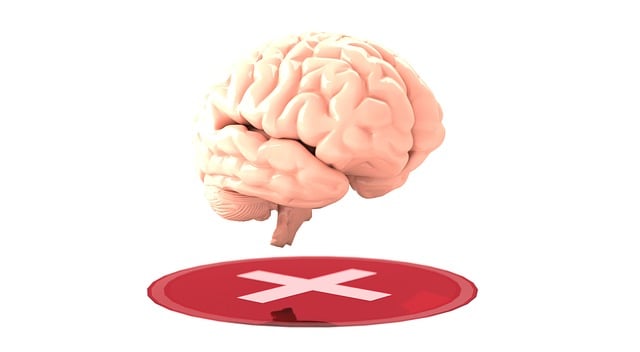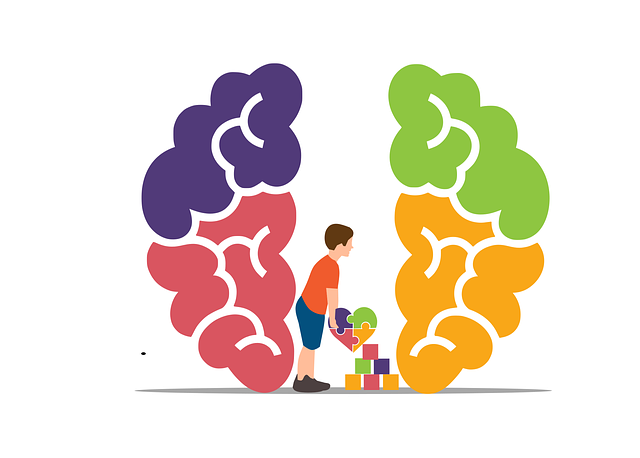Mental illness misconceptions and stigma hinder accurate diagnosis among young adults, adolescents, and teens, leading to delayed treatment. To combat this, mental health professionals are employing digital tools, innovative therapies (like CBT adaptations with peer support), educational workshops, and engaging podcast series to increase awareness, promote early intervention, and improve diagnostic accuracy. Integrating emotional intelligence and risk management planning in safe spaces normalizes conversations around mental health, addressing unique needs during emerging adulthood and ensuring tailored therapy plans for Therapy for Young Adults, Adolescent, and Teen populations.
Mental illness diagnosis accuracy has long been a topic of concern, with adolescent and teen years presenting unique challenges. This article explores efforts to improve diagnostic reliability, focusing on understanding misconceptions and stigma that hinder support. We delve into innovative assessment techniques enhancing accuracy, and highlight personalized treatment plans tailored for young adults. By examining these strategies, we aim to advance therapy for this vulnerable population, ensuring they receive the appropriate care for their mental health needs.
- Understanding the Challenges: Unraveling Misconceptions and Stigma
- Innovative Assessment Techniques: Advancing Diagnostic Accuracy
- Personalized Treatment Plans: Tailoring Support for Young Adults
Understanding the Challenges: Unraveling Misconceptions and Stigma

Unraveling misconceptions and tackling stigma surrounding mental illness is a vital step towards improving diagnosis accuracy, especially for young adults. Many societal myths and stereotypes about mental health can hinder individuals from seeking help or prevent professionals from interpreting symptoms correctly. For instance, the notion that mental illness is a sign of weakness or personal failure can discourage adolescents and teens from voicing their struggles. This stigma often leads to delays in treatment, which can complicate the diagnostic process.
Efforts to enhance understanding and empathy must be prioritized, especially within communities where access to resources like therapy for young adults, adolescent, and teen mental health support is limited. Educational initiatives, such as Stress Management Workshops Organization programs or engaging Mental Wellness Podcast Series Productions, can play a significant role in spreading awareness and promoting early intervention. By teaching individuals about the diverse range of mental health conditions and their symptoms, these strategies foster empathy and encourage open conversations about mental wellness.
Innovative Assessment Techniques: Advancing Diagnostic Accuracy

Mental health professionals are constantly evolving their assessment techniques to enhance diagnostic accuracy, especially when targeting young adults and adolescents. Innovative tools and approaches are emerging, focusing on early intervention and tailored support for this demographic. One such advancement is the integration of digital technology in therapy for young adults. Online platforms offer accessible resources and remote sessions, making mental health care more convenient and less intimidating for teens. These digital interventions can include interactive mood management tools that help adolescents track their emotions and identify patterns, thus fostering self-awareness and proactive depression prevention strategies.
Additionally, evidence-based practices like cognitive behavioral therapy (CBT) are being refined to cater to the unique needs of this age group. By incorporating creative techniques and peer support networks, therapists can improve engagement and treatment adherence among young adults. Encouraging open discussions around mental health and promoting mind over matter principles can also facilitate early detection and effective management of various psychiatric disorders. These efforts collectively aim to narrow the diagnostic gaps and provide more precise and timely interventions for adolescents and teens.
Personalized Treatment Plans: Tailoring Support for Young Adults

Young adults experiencing mental illness often require personalized treatment plans that cater to their unique needs and challenges. Therapy for young adults, adolescent, and teens should be adaptive and inclusive, considering the complexities of emerging adulthood. Mental wellness podcast series production has played a valuable role in raising awareness and normalizing conversations around these issues, providing accessible resources for both individuals and mental health professionals.
Integrating emotional intelligence into therapeutic approaches empowers young adults to navigate their emotions effectively. Risk management planning is another essential aspect for mental health professionals working with this demographic. By tailoring support and fostering a safe, non-judgmental environment, mental wellness services can significantly enhance the accuracy of diagnoses and improve overall outcomes for young adults grappling with mental illness.
Mental illness diagnosis accuracy has seen significant strides with innovative assessment techniques and personalized treatment plans, particularly tailored for young adults. By addressing misconceptions, reducing stigma, and offering specialized therapy for adolescents and teens, we can ensure more effective support. These efforts not only enhance diagnostic accuracy but also foster a supportive environment where young minds can thrive.
